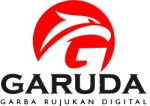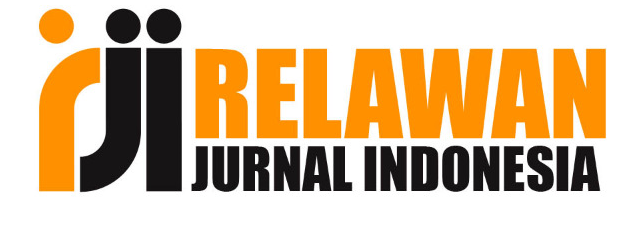TRAINING ON BUILDING AND TESTING A SOLAR TUNNEL DRYER TO DRY AGRICULTURAL PRODUCTS AT BULU, KARANGMOJO, KARANGMOJO, GUNUNG KIDUL
DOI:
https://doi.org/10.61179/epmas.v1i2.265Keywords:
solar drying, solar tunnel dryer, cashew nut, renewable energyAbstract
Bulu Karangmojo village is a known cashew nut producer central in Gunung Kidul. However, cashew nut farmers faced obstacles in the drying process, especially in the rainy season. An affordable yet simple made solar dryer was essential for the drying process. Our team at UKRIM (Universitas Kristen Immanuel) came up with the solution of using a solar tunnel dryer. The solar tunnel dryer was chosen because people do not need fossil fuels to operate it, so it was more economical, environmentally friendly, and most of the material e.g. wood and bamboo were abundantly and locally available in their village. Moreover, solar tunnel dryer construction was simple enough, so that farmers could make it by themself. Solar energy was used for the drying process. The drying process was using a solar absorber to collect the heat of the sun. The heated air will move to the cashew nuts to absorb the humidity, finally, humid air is leaving through a bug-screen to the environment. Eighteen farmers had actively participated in this training. Finally, a solar tunnel dryer of 5 m length and 1 m width connected with a 10-watt solar panel was successfully constructed. The result showed a 50% faster drying time compared to the traditional sun drying and supplied a higher product quality.
Downloads
Published
Issue
Section
License
Copyright (c) 2021 EDUKASI DAN PENGABDIAN MASYARAKAT

This work is licensed under a Creative Commons Attribution 4.0 International License.












